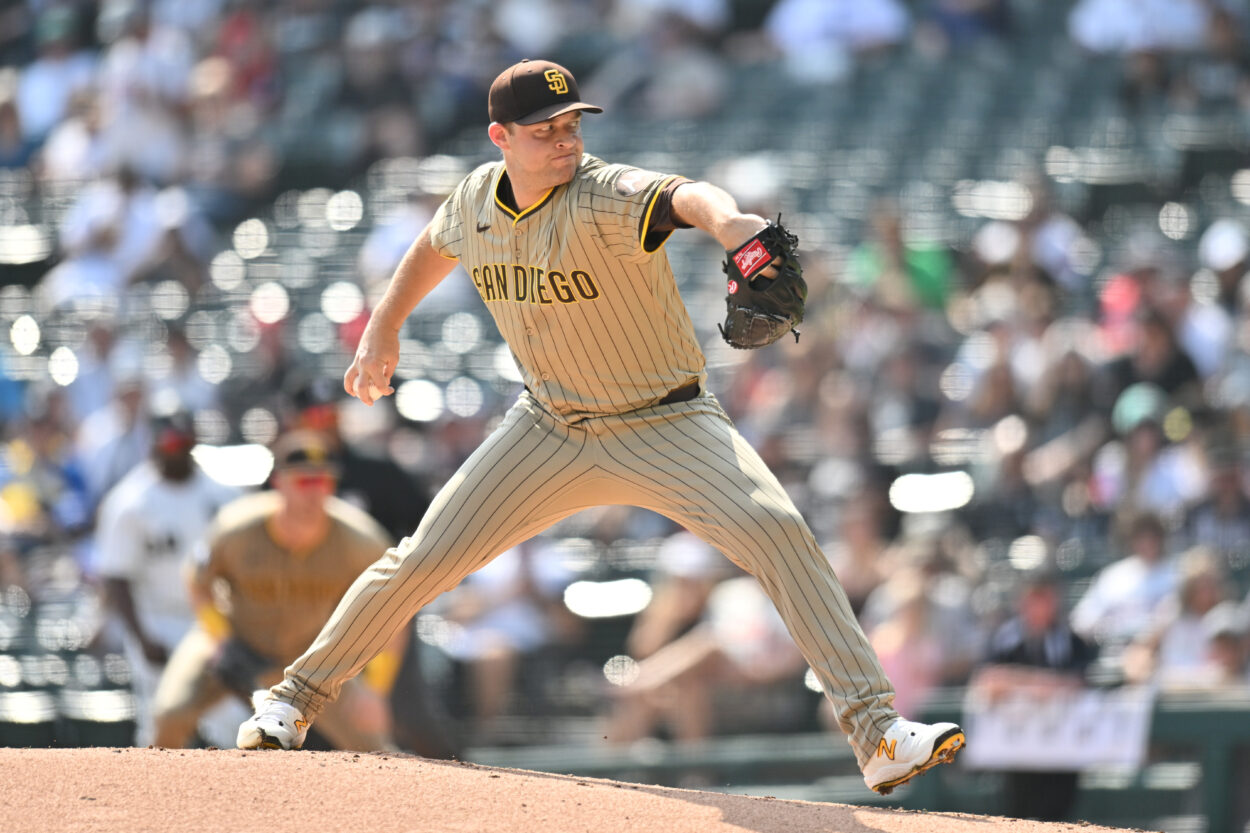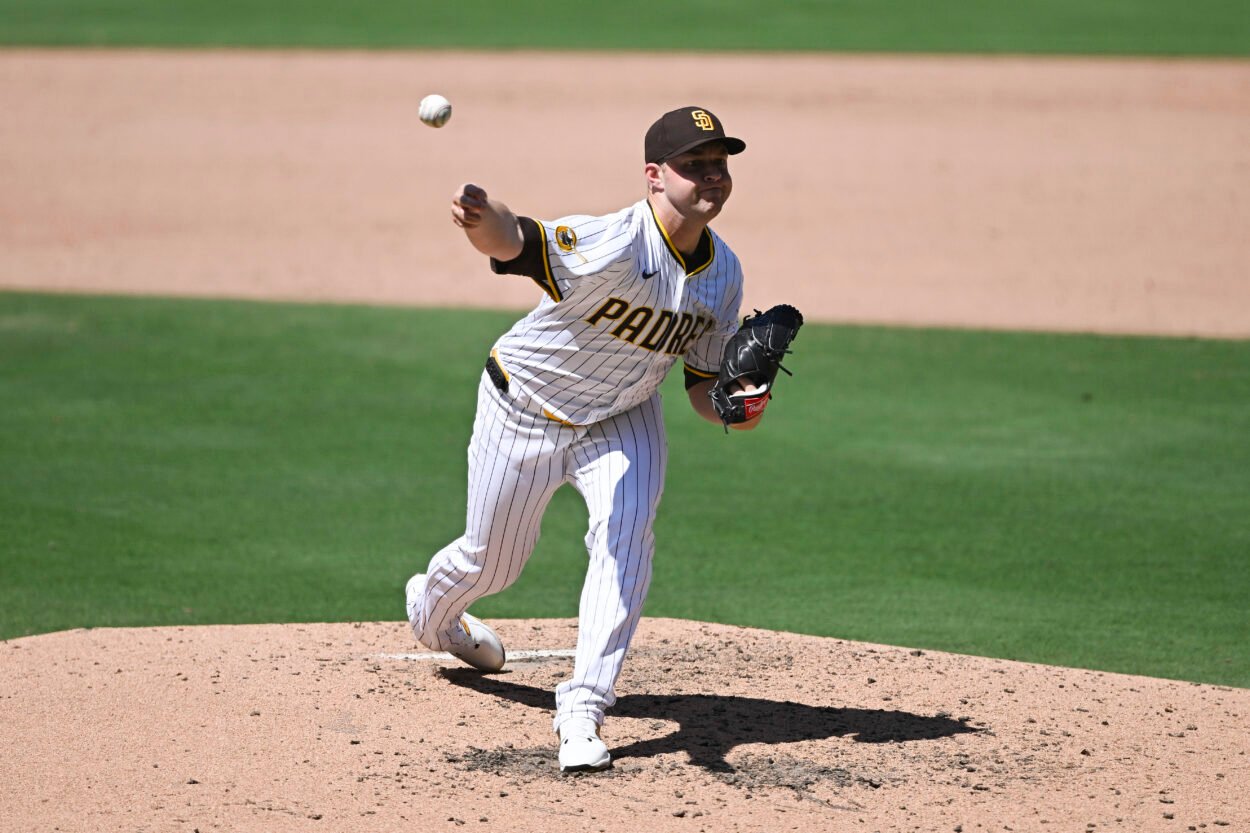
The New York Mets spent much of 2025 trying to patch together a rotation that never fully clicked. Injuries, inconsistency, and an overreliance on young arms made every series feel like a gamble. For a team with legitimate postseason aspirations, that’s not a sustainable way to operate.
Now heading into 2026, the Mets know where their biggest problem lies — and it’s on the mound. With Kodai Senga returning from injury, Clay Holmes adapting to starter action, and Frankie Montas picking up his 2026 player option, there’s no real stability in the group. That’s exactly why free agency presents an opportunity the Mets can’t ignore.
Michael King could be the steady hand this staff needs
There’s one name that makes a lot of sense for the Mets this offseason: Michael King. The 30-year-old right-hander spent five years with the Yankees before being traded to the San Diego Padres in the deal that sent Juan Soto to New York. While King’s first year with San Diego had its ups and downs, he still showed the kind of potential that makes him an appealing target for a rotation that desperately needs reliability.

King posted a 3.44 ERA over 73.1 innings last season, though his stuff wasn’t quite as sharp as it was in prior years. Even with some regression, he remained effective, limiting hard contact and keeping games manageable — something the Mets rotation struggled with all year.
His projected deal sits around three years, $75 million, averaging $25 million annually. That’s not cheap, but for a mid-rotation starter who can eat innings, miss bats, and bring playoff experience, it’s fair value in today’s market.
Why the fit works for both sides
King’s versatility could be exactly what the Mets need. He’s proven he can start, relieve, and handle high-leverage moments — the kind of adaptability that gives managers flexibility in a long season. For a rotation that ranked among the league’s worst in innings pitched per start last year, that kind of durability and consistency is worth every penny.
The Mets’ young starters, like Nolan McClean and Jonah Tong, have shown flashes but haven’t yet proven they can anchor a staff over the course of a full season. King bridges that gap. He’s steady, experienced, and doesn’t rely on overpowering stuff, which should age well as he enters his early 30s.
A move that raises the floor, not the ceiling — and that’s okay
Signing Michael King won’t generate the same buzz as trading for Tarik Skubal or pursuing a frontline ace, but that’s not the point. The Mets don’t just need stars — they need stability. King raises the floor of the rotation and gives the team a reliable starter who can help prevent those four-inning, bullpen-draining outings that defined too many games in 2025.
In many ways, he represents exactly what the Mets have been missing: a dependable arm who helps the rest of the staff settle into their roles. And sometimes, raising the floor is how you finally start building toward something sustainable.
Could Michael King be the piece that turns the Mets’ rotation from fragile to formidable? It might not be the flashiest move, but it could be the smartest one they make all winter.
